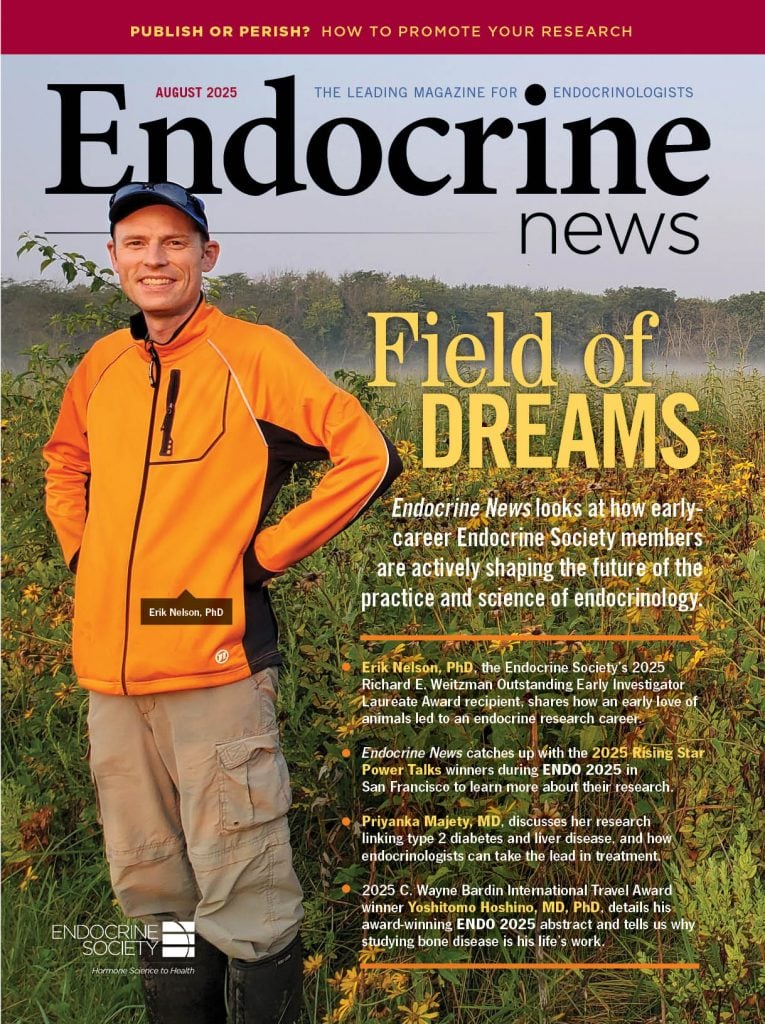
CMS Releases Proposed Physician Payment Rule for 2026; New Policies Expected to Provide 3% Increase for Endocrinology
The Centers for Medicare and Medicaid Services (CMS) released the annual Medicare Physician Fee Schedule (MPFS) proposed rule for calendar year 2026. This rule updates payment policies and payment rates for Part B services furnished under the MPFS, as well as makes changes to the Quality Payment Program (QPP).
CMS estimates that the policies, if implemented, will result in a 3% increase in total Medicare charges for endocrinology. However, CMS proposes to change the methodology for the allocation of indirect practice expenses (PE) within the physician payment formula, which will decrease overall charges for endocrinology in the facility setting by 10% but increase payments by 6% in the non-facility (office) setting. According to the agency, this change in allocation is part of a broader effort to equalize payment rates across care settings.
The rule also proposes changes to make telehealth delivery more efficient. The agency proposes to simplify the review process for adding services to the Medicare Telehealth Services List, and to remove the distinction between provisional and permanent services. Finally, the rule notes that several CPT codes used for fine needle aspiration (FNA) services have been nominated as misvalued, but the agency does not agree that these codes are misvalued noting that they have indicated this in previous rulemaking. A summary and analysis with more details about what is included in the proposed rule is available on the Endocrine Society’s website.
Every year, CMS requests feedback on its proposed changes, and the Endocrine Society responds by submitting a comment letter to the agency. The Endocrine Society will work with the Clinical Affairs Core Committee (CACC) to review and develop comments for CMS to consider while finalizing the rule. Comments to the proposed rule are due on September 12.
NIH Announces Policy Updates Regarding Prioritizing Human-Focused Research and Use of AI in Grant Applications
The National Institutes of Health (NIH) recently notified the research community of two policy updates that may be of interest to member scientists:
- NIH Prioritization of Human-Focused Research – On July 10, the NIH announced that all new Notices of Funding Opportunity (NOFOs) that “relate to animal model systems must now also support human-focused approaches.” Such approaches could include, for example, clinical trials or new approach methods (NAMs). The announcement aligns with an earlier NIH notice in April emphasizing a reduction in the use of animals in research while prioritizing non-animal methods such as organoids, tissue chips, computational models, and “real-world data.” Importantly, the policy does not prohibit grantees from submitting grants that utilize appropriate animal models in research. Rather, the NIH is emphasizing that they are unlikely to support a NOFO with, for example, the exclusive aim of developing new animal models. While we support the development and application of NAMs when they can demonstrably reflect biology, the Endocrine Society appreciates our members’ concern that pressure to move away from animal research in favor of NAMs will limit scientific opportunity. We will continue to stress to the NIH and policymakers that NAMs have significant limitations and currently are largely unable to assess sex as a biological variable, let alone endocrine tissue crosstalk, developmental stages, or genetic variability. We encourage members to contact their program officers with any questions regarding the new policy or impact on funding opportunities of interest.
- Guidance on the Appropriate Usage of AI – On July 17, the NIH issued guidance to grantees explaining expectations regarding allowable uses of artificial intelligence (AI) in grant applications. Per policy, the NIH “will not consider applications that are either substantially developed by AI, or contain sections substantially developed by AI, to be original ideas of applicants.” Furthermore, and in response to a small number of investigators submitting dozens of applications in a single cycle that likely have significant AI-generated components, the NIH will only accept up to six new, renewal, resubmission, or revision applications from an individual principal investigator for all rounds in a council year. The policy will go into effect September 25, 2025, and not apply to R13 conference grant applications or T activity codes.

